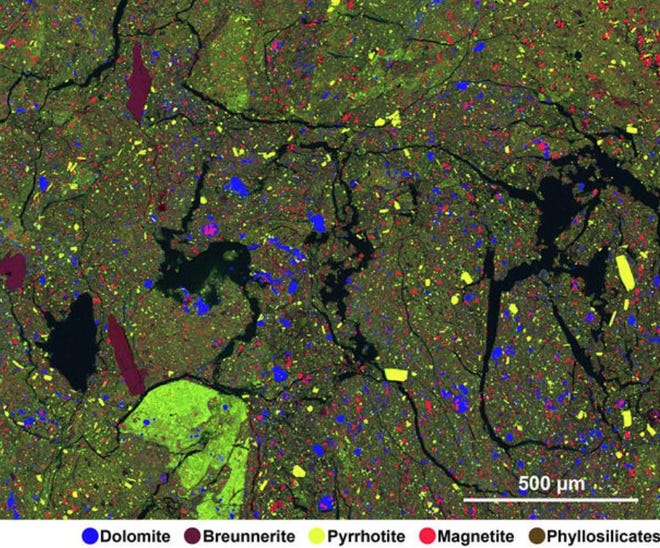Dust from an asteroid collected by a Japanese space probe contains clues to the origin of life, suggesting it was formed in space, scientists reported Friday.

Japan’s Hayabusa2 space mission dropped samples from the asteroid Ryugu to Earth in the Australian outback in December 2020. It was then moved to Japan to be studied for insights into the origins of the solar system and life on Earth.
Scientists most recently announced the finding included nearly two dozen types of amino acids in the sample, the Japan Aerospace Exploration Agency (JAXA ) said.
Finding amino acids is a big deal, because they make proteins and are necessary to support life. This is also the first time they’ve been found on an asteroid, the Japan Times reported.
USA Today
In considering the significance of this report, it is important to realize that finding naturally occurring amino acids does not amount to showing how life could form naturally. As discussed in my book, Canceled Science, “Amino acids, such as can sometimes form naturally, do not remotely approach the molecular complexity of even the simplest living cell. Believing otherwise is like finding a few brick-shaped rocks up on a hillside and concluding from this that buildings and whole cities arose by nothing more than the same blind forces that formed those rocks.”